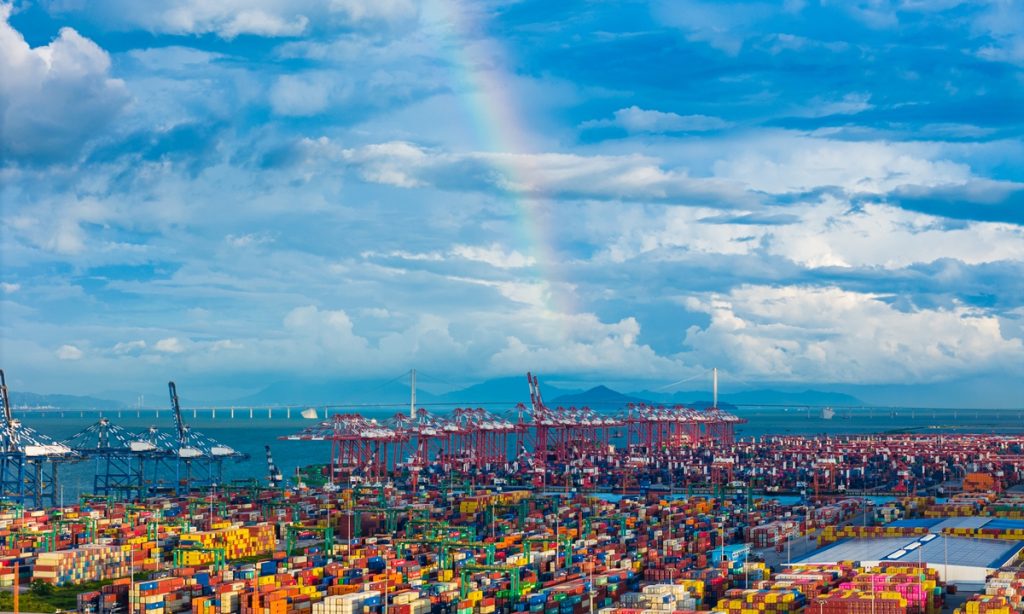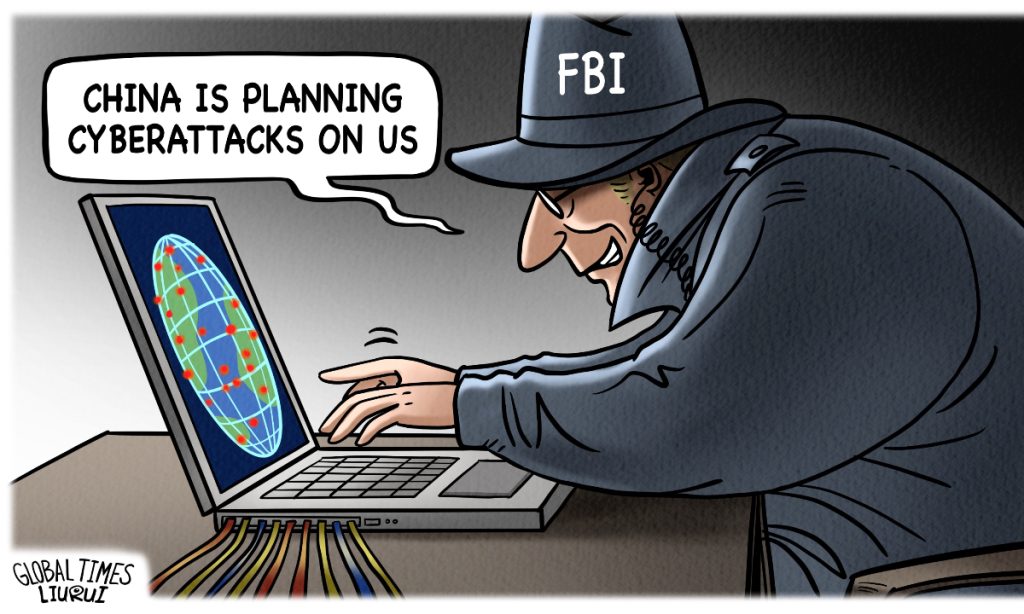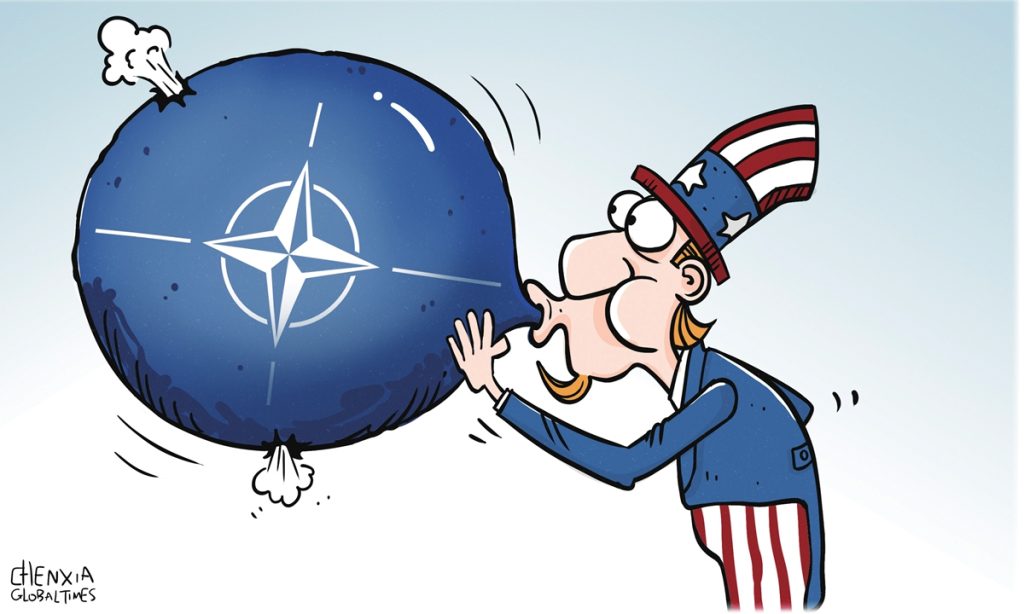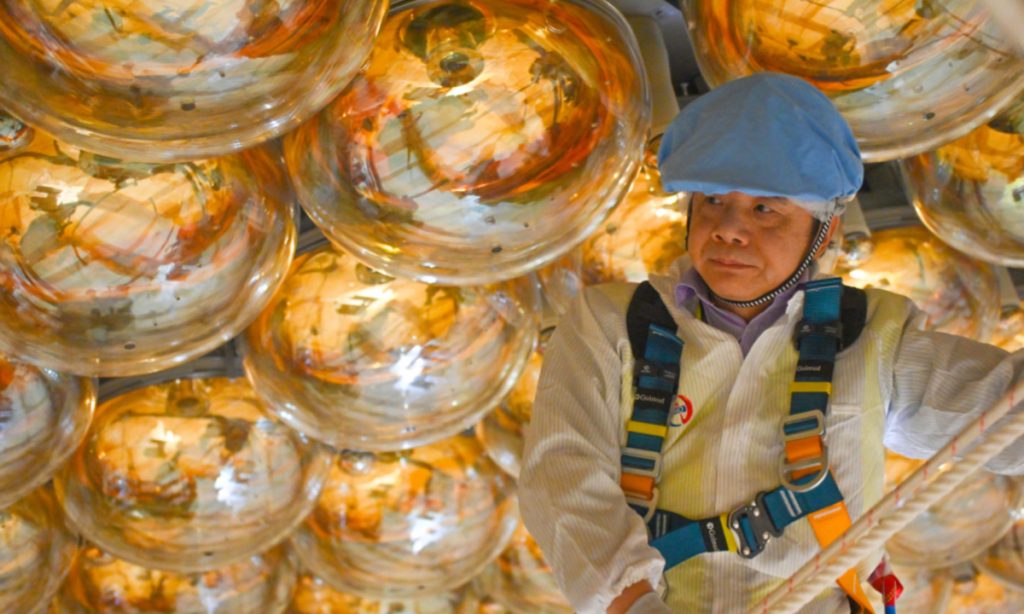China's GDP expands 5 percent in H1 2024, on track to hit full-year economic growth target

China's GDP expanded 5 percent to reach 61.68 trillion yuan ($8.49 trillion) in the first half of 2024, data from the National Bureau of Statistics (NBS) showed on Monday, demonstrating the resilience and innate strength of the world's second-largest economy.
In the second quarter, China's GDP grew by 4.7 percent year-on-year, edging down slightly from the 5.3-percent growth recorded in the first quarter.
Chinese officials and analysts pointed out that this slowdown is just a short-term fluctuation that won't sway the economy from its sustained recovery momentum. The fundamentals of the economy remain positive and are set to improve in the second half, they stressed, listing a number of standout economic drivers including ongoing industrial upgrade, robust exports, as well as substantial investment in high-end manufacturing.
The 5-percent stable growth in the first half also puts China on a firm track to hitting its full-year economic growth target of around 5 percent, economists said, which is a new piece of evidence squarely refuting certain foreign media outlets' bearish views on the Chinese economy. China's GDP growth is expected to lead major economies this year, further consolidating the country's role as a key engine and a stabilizer of the world economy.
As the 20th Central Committee of the Communist Party of China (CPC) started its third plenary session in Beijing on Monday morning, observers also expected the reform-themed plenum to channel new impetus into second-half economic growth and decisively lead the country to overcome rising headwinds and march toward Chinese modernization.
"The Chinese economy's operations have remained stable despite a complex global and domestic environment, achieving not only growth in quantity but also improvement in quality [in the first six months]. This is a praiseworthy and solid economic transcript," an NBS spokesperson said on Monday, according to a statement on the bureau's website.
The spokesperson also stressed that for an economy as large as China's, maintaining a medium-to-high growth rate of around 5 percent is in itself also truly remarkable.
Growth highlights
Analysts said that the first-half economic growth is "stable and moderate," and it more importantly mirrors a comprehensive picture of the recovery of the world's second-largest economy: while being confronted with challenges such as insufficient effective demand, prolonged property adjustment and weak social expectations, it is undergoing a stage of transformation toward a high-quality development model under which the development of new drivers, such as new quality productive forces, are gaining steam.
Cao Heping, an economist from Peking University, told the Global Times on Monday that despite the slightly slower GDP growth rate in the second quarter, the country's economic transformation and upgrading is picking up speed. He highlighted the country's compelling export data, rapid development of new industries such as electric vehicles and investment in sci-tech innovations.
Factory activity remains the main engine for the economy, partly fueled by resilient overseas demand. The value added of industrial enterprises above a designated size jumped 6 percent year-on-year in the first six months, with the development of new quality productive forces showing more palpable drive.
Breaking the figures down, the output of 3D printing equipment, new energy vehicles and integrated circuit products jumped 51.6 percent, 34.3 percent and 28.9 percent, respectively, in the same period.
In the first six months, China's exports grew a stunning 6.9 percent in yuan-denominated terms, customs data showed on Friday. As major economies like the US and EU bring down interest rates, the strength of external demand is accumulating, which will be favorable to China's foreign trade throughout the year, analysts said.
Meanwhile, retail sales of consumer goods in the first six months were up 3.7 percent, and fixed-asset investment edged up by 3.9 percent, NBS data showed. In particular, investment in high-tech industries soared an impressive 10.6 percent year-on-year.
The investment data is a reflection of the country's competitiveness in the manufacturing sector, particularly high-end manufacturing, Darius Tang, associate director of corporate at Fitch Bohua, told the Global Times on Monday.
"Also, with the acceleration of special local government bonds as well as the 1 trillion yuan ultra long-term special treasury bond issuance, the gradual formation of physical workloads will help infrastructure investments, especially those that utilize funds from treasury bonds, to maintain a moderate growth rate," Tang noted.
As the gaps between the supply and demand sides narrow, the slew of data also sends an encouraging sign of a more even economic recovery track, analysts pointed out.
On track for annual target
The 5-percent GDP growth in the first half of 2024 is consistent with the government's target set at the beginning of the year. However, immediately after the data was released, certain Western media outlets cited the slowdown in the second quarter to smear the Chinese economy. Some exaggerated the downward pressure faced by the country and abruptly hinted that China could derail from its annual GDP target.
While acknowledging the increasing challenges that are weighing on current economic operations, the NBS spokesperson explained that the slowdown in the April-June period was also influenced by short-term factors such as extreme weather conditions and frequent rain and flood disasters.
The spokesperson called for a comprehensive evaluation of the situation. "We should not only see the 'form' of short-term fluctuations but also grasp the 'trend' of long-term development," he noted.
Although uncertainties and pressures remain and could intensify in the second half, those are problems that are encountered as progress is being made and will ultimately be solved through promoting development, he said, stressing that the relevant Chinese departments have formed a sober understanding of these issues and taken a series of measures to address them.
Tian Yun, an economist based in Beijing, told the Global Times on Monday that the second half, particularly the third quarter, offers a window of opportunity for further easing the economic downsides, particularly in helping the bottoming-out of the property sector and shoring up of consumer demand. Improvements in those fields are critical in keeping China on track for the 5-percent whole-year target, or from a long-term perspective, marching toward the secondary centenary goal.
"The annual GDP goal is within reach, but it will be an assiduous journey to achieve it," he stressed.
This week, the eyes of the world have been on the reform-themed third plenum, which started on Monday and will last until Thursday. The plenum will primarily examine issues related to further comprehensively deepening reform and advancing Chinese modernization, the Xinhua News Agency reported.
Analysts said that the fundamentals of China's economic recovery are expected to further stabilize and improve in the second half upon the pivotal gathering, during which the CPC leadership will map out a blueprint for the country's long-term development.
"It will be worth watching how Chinese authorities promote further reforms and formulate top-level design to tackle emerging challenges in the second half. Those measures will be key to stabilizing social expectations," Tian noted.
"More pro-growth measures will be launched to bolster economic prospects," Tian said, while suggesting that authorities accelerate the issuance of special government bonds and further strengthen counter-cyclical adjustments to lower the overall financing costs for the real economy.
"Amid rising geopolitical tensions and sluggish economic recovery, a stable Chinese economy remains an anchor for global economic stability," Cao said.





